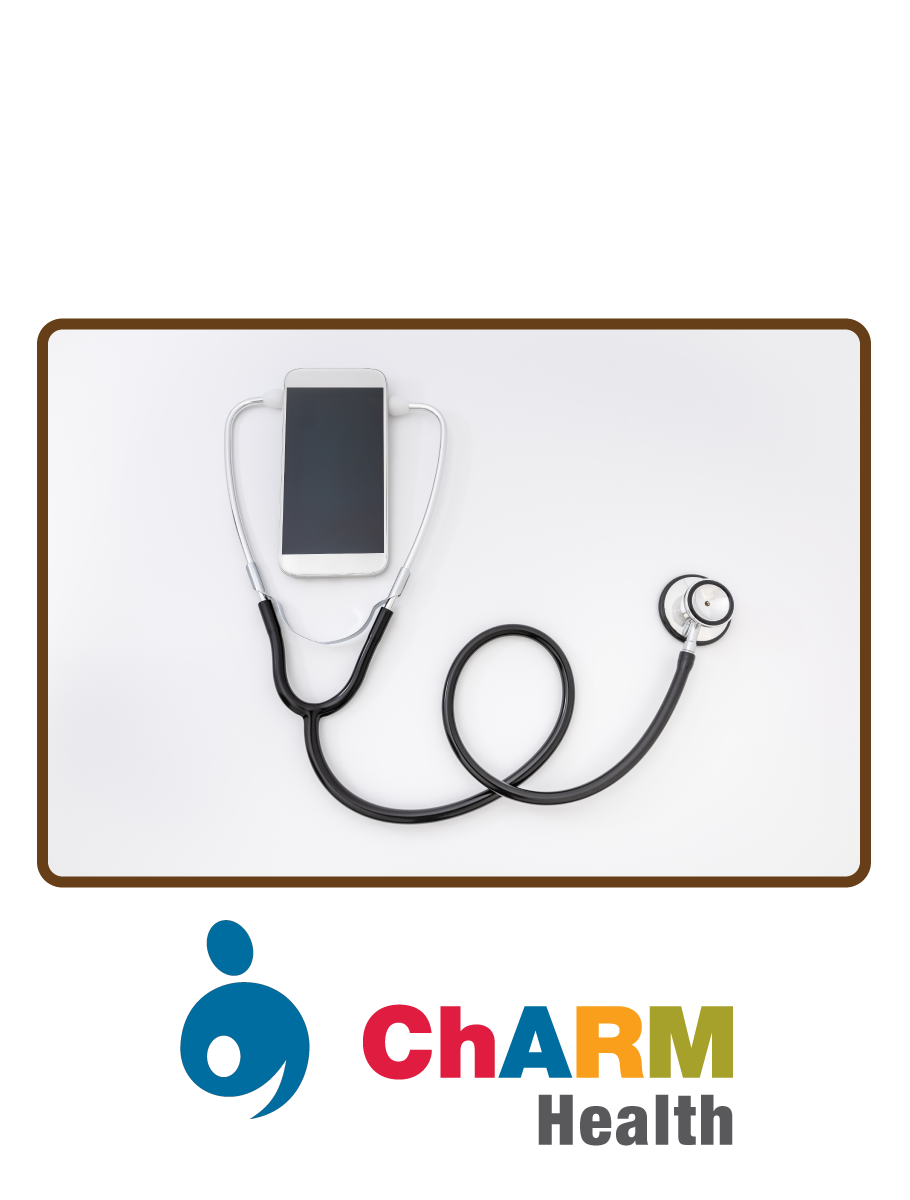Calendula officinalis (Pot Marigold)
Calendula is a plant native to Europe that is now cultivated throughout the world – it is an anti-inflammatory and anti-microbial herb. This plant has a mild diaphoretic action and is a circulatory stimulant that helps reduce wound healing time. It has high amounts of falvonoids that help protect the body from the effects of free radicals.
Due to xanthophylls stimulating granulation tissue Calendula helps heal wounds and it can also be used to heal skin inflammation. An infusion can be used to help topical wound healing and reduce edema, pruritis, and burning sensation in the tissues.
Calendula is effective in promoting digestion and elimination by promoting the release of bile. It also has an anti-inflammatory and healing action on the gastric and intestinal mucosa and is great for ulcerative and spasmodic conditions of the GI tract.
A person can drink Calendula tea throughout the day to reap benefits of its high flavonoid content. A Calendula ointment can be used to help with a range of skin problems from burns, acne, and eczema to irritated tissue. Since Calendula has a smooth muscle relaxing action, high doses are contraindicated in pregnancy.
Are the foods you eat making you sick?
 ‘You are what you eat’, we’ve all heard this familiar saying. But what if the foods you were putting into your body, nutritious and healthy as they might be, were causing you to be ill? Certain foods trigger immune system response and can strain a healthy body and over time, can cause debilitating illnesses. Poor diet, stress, trauma, infection, chemicals, drugs, and environmental toxins can all be contributing factors to the development of allergies.
‘You are what you eat’, we’ve all heard this familiar saying. But what if the foods you were putting into your body, nutritious and healthy as they might be, were causing you to be ill? Certain foods trigger immune system response and can strain a healthy body and over time, can cause debilitating illnesses. Poor diet, stress, trauma, infection, chemicals, drugs, and environmental toxins can all be contributing factors to the development of allergies.
There are two major types of allergic reactions – IgE Type I and Non IgE. IgE Type I allergic reactions occur within a few hours after contact with the offending food or inhalant. IgE antibodies are elevated in diseases like allergic asthma, hay fever, and atopic dermatitis. Watery eyes and nose, rash, swelling, acute gastrointestinal distress are common presentations of IgE antibody-mediated allergic reactions.
Non-IgE allergic reactions, namely IgG, vary in response time due to the persistence of the reaction once initiated. IgG antibody levels increase from repeat exposure to the offending foods forming immune complexes. These immune complexes tax the immune system and symptoms vary in severity and location from person to person. Symptoms tend to low grade and chronic such as general fatigue, malaise, headaches, trouble concentrating, and food cravings.
Possible disorders that may be associated with food and inhalant allergies are atopic dermatitis, dermatitis, celiac disease, irritable bowel syndrome, colitis, peptic disease, rhinitis, seasonal allergic rhinitis, asthma, enuresis, attention deficit hyperactivity, migraines, autism, chronic fatigue syndrome, fibromyalgia, and rheumatoid arthritis.
A simple blood test can identify elevated antibodies to foods and inhalant allergens. Food Allergy Testing can be an important clue in getting to the root cause of your health concerns. Through US Biotek, Dr. Mundeir offers a IgG/IgE Food Allergy Panel which tests your blood against 96 different foods. Call today to schedule an appointment to over your symptoms and to determine if this test would be the right option for you.
Health Savings Account
Why would I want a Health Savings Account?
A Health Savings Account (HSA) is like a 401(k) for healthcare. It is a tax-advantaged personal savings or investment account that can be used to save and pay for qualified medical expenses, now or in the future. An HSA is an excellent financial tool that allows consumers to be more actively involved in their health care decisions. Just like a 401(k), earnings that compound tax-free for several years have the potential to grow exponentially into a supplemental nest egg. And, even better than a 401(k), you aren’t taxed when you use the funds.
How do you get an HSA?
A Health Savings Account is available to anyone under age 65, who has a health insurance plan specifically designated as an HSA plan. Every insurance company offers HSA plans. In addition to the health plan, you will need to arrange for the savings account through a bank, credit union or your employer.
How much can I contribute annually to an HSA?
For the year 2008, an individual can contribute $2,900 and a family $5,800. If you’re over age 55, you can make a catch-up contribution of $900.
What’s the difference between an HSA and a flexible-spending account? It seems they are for the same purpose.
The most important difference is that your HSA balances can roll over from year to year and continue to grow tax-deferred. Money in your flex plan must be spent by the end of the year or you lose it.
Now that you know a few details about a Health Savings Account, let me know if I can help you evaluate whether an HSA plan would work for you, your family, or your business.
Sue Breedlove, Breedlove Insurance Services
925-254-6262; sue(at)breedloveinsurance.com
Insurance Broker, CA License 0F27269
About the Author
Written by Dr. Mundeir
Dr. Jaspreet Mundeir, ND is a licensed Naturopathic Doctor practicing in the East Bay Area. She is the owner of East Bay Natural Medicine where she focuses on helping patients achieve their optimal health state using homeopathy, hydrotherapy, nutritional supplements, botanical medicine and bio-identical hormones.
Famous Posts
-
Immune Booster Injections
Are you looking for an effective way to boost your...
-
Wet Socks Treatment
You’d probably never guess that a pair of wet socks...
-
Dandelion Salad Recipe with Fresh Goat Cheese & Apples
Dandelion greens pack a nutritional punch. Serve them...
-
2015 Dirty Dozen
The Environmental Working Group has put out their latest...
-
February 2013 – American Heart Month
Hope that everyone has had a great start to 2013! I...
Categories
- Blog (116)
- Events (6)
- Newsletter (38)
Recent Posts
- 20Nov
Natural Ways to Prevent and Treat Colds & Flu
BlogWhen it comes to cold and flu season, prevention really...
- 15Mar
Shopper’s Guide to Pesticides in Produce – 2023
BlogThe Environmental Working Group does invaluable work...
- 06Aug










